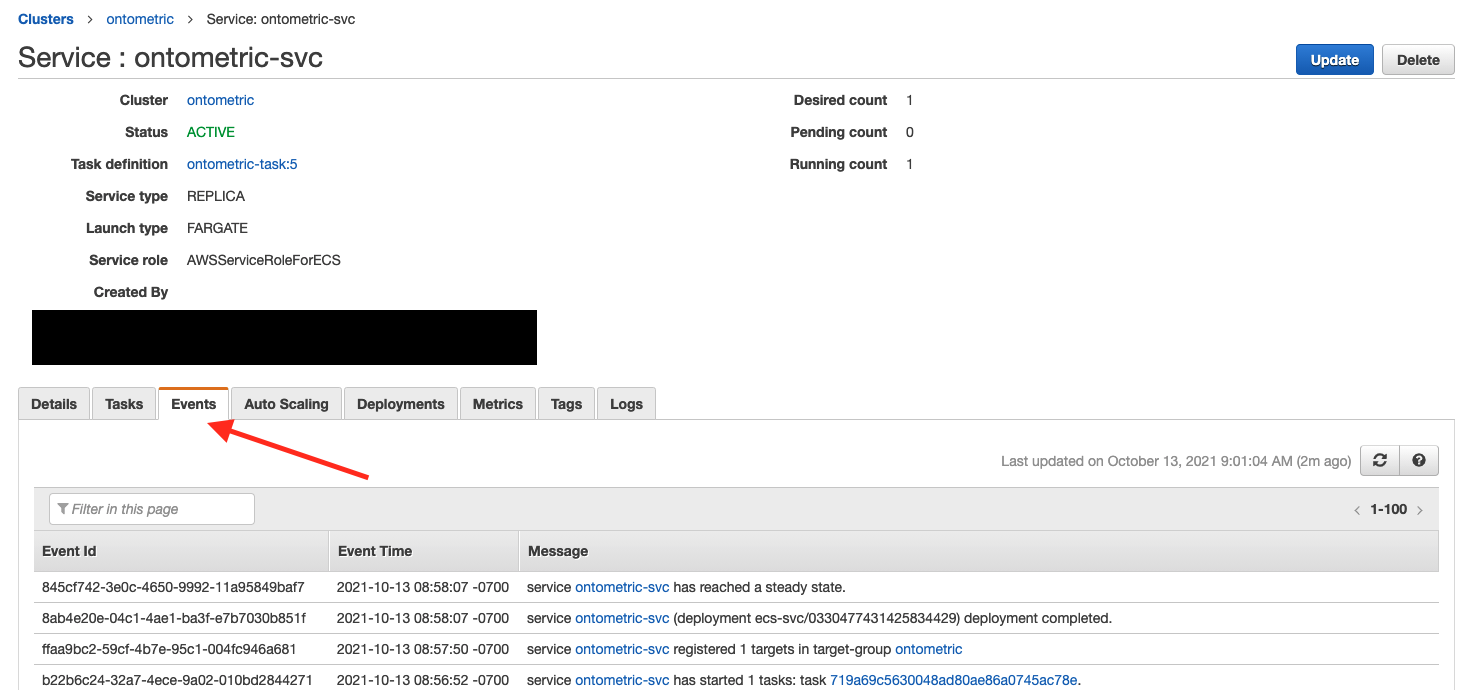I have a Python/Flask web application that I am deploying via Gunicorn in a docker image on Amazon ECS. Everything is going fine, and then suddenly, including the last successful request, I see this in the logs:
[2017-03-29 21:49:42 +0000] [14] [DEBUG] GET /heatmap_column/e4c53623-2758-4863-af06-91bd002e0107/ADA
[2017-03-29 21:49:43 +0000] [1] [INFO] Handling signal: term
[2017-03-29 21:49:43 +0000] [14] [INFO] Worker exiting (pid: 14)
[2017-03-29 21:49:43 +0000] [8] [INFO] Worker exiting (pid: 8)
[2017-03-29 21:49:43 +0000] [12] [INFO] Worker exiting (pid: 12)
[2017-03-29 21:49:43 +0000] [10] [INFO] Worker exiting (pid: 10)
...
[2017-03-29 21:49:43 +0000] [1] [INFO] Shutting down: Master
And the processes die off and the program exits. ECS then restarts the service, and the docker image is run again, but in the meanwhile the service is interrupted.
What would be causing my program to get a TERM signal? I can't find any references to this happening on the web. Note that this only happens in Docker on ECS, not locally.


